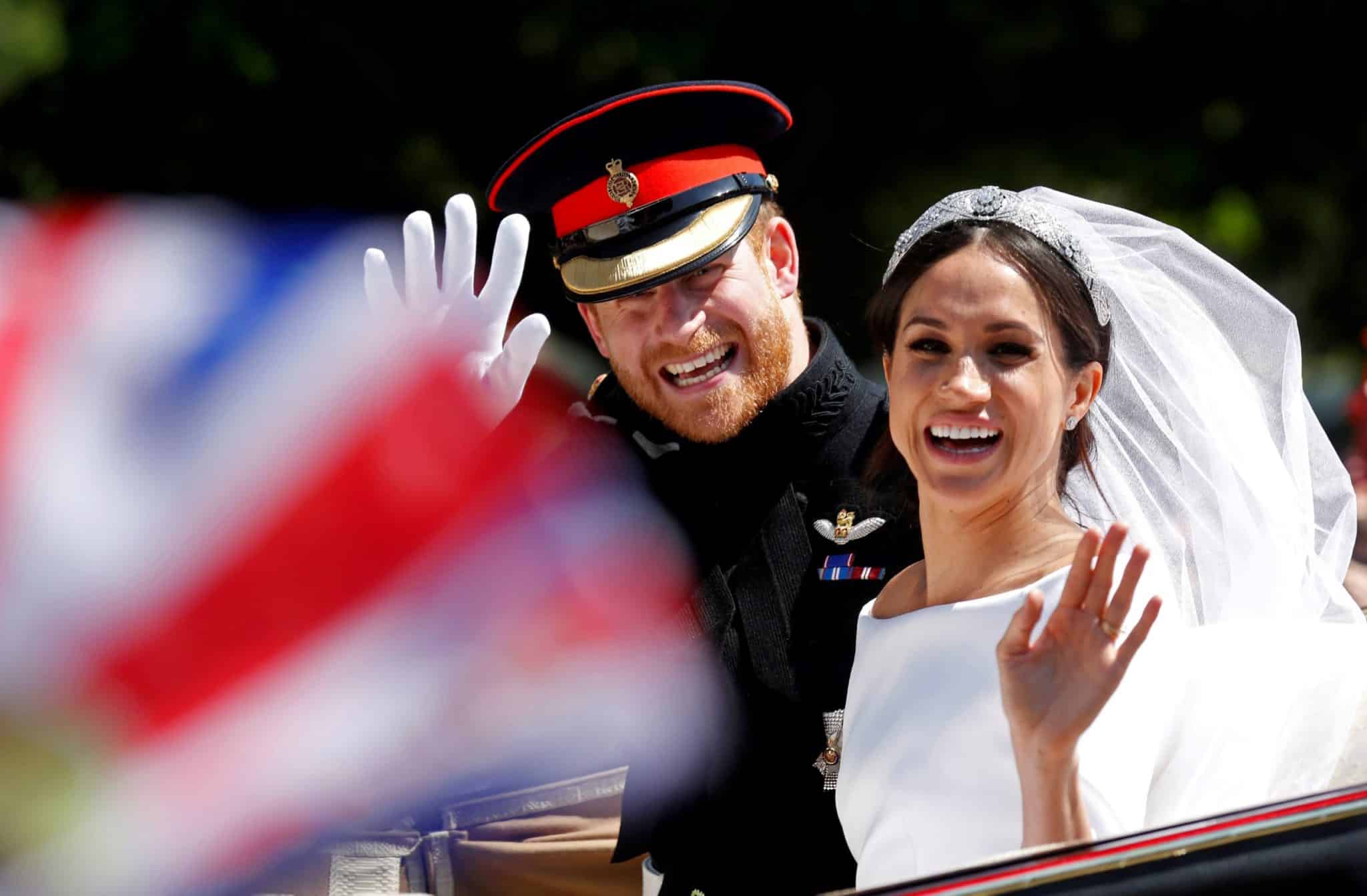
The recent announcement by the Duke and Duchess of Sussex that they would step back as senior members of the Royal Family and relocate, at least part-time, to Canada has captivated the world, and continues to do so.
Myself included.
Every word of their announcement, which – in true millennial style – was posted on Instagram, was analysed in mainstream and social media.
“After many months of reflection and internal discussions,” they began, “we have chosen to make a transition this year in starting to carve out a progressive new role within this institution.”
The couple went on to say that they would continue to raise their son “with an appreciation for the royal tradition into which he was born, while also providing our family with the space to focus on the next chapter, including the launch of our new charitable entity.”
After the initial shock subsided, commentators were split as to whether this was a good thing or not.
Some congratulated the young couple on putting themselves, their needs and family first; others criticised them for seeking independence from their family, shrugging off tradition and lacking any commitment to their office.
While Prince Harry may not have chosen this path, Meghan certainly did, and so the sudden departure seemed to be a massive rejection of the new in-laws.
Debate ensued about whether they should be able to retain their titles, which are an acknowledgment of their royalty.
Many questioned whether they should also be allowed to retain some of the privileges of royal office, including those funded by the taxpayer.
Commentators began to question whether they would achieve their stated motivation of avoiding the relentless media attention, given that their newly-chosen path would also include a significant amount of public exposure.
Others noted an alternate motive: the “progressive new role” that Harry and Meghan were seeking was becoming incompatible with a Royal Family that is meant to remain apolitical.
Trying to have the best of both worlds was appearing to not only be impossible, but improper, particularly when it seemed to have the effect of fracturing and weakening the institution they were seeking to leave behind.
Are we seeing a similar thing play out in the lead up to the Plenary Council?
Over the past couple of months, there seems to have been an increase in those who are publicly declaring their desire to “carve out a progressive role” within the institutional Church; maintaining “an appreciation for the royal tradition into which [they] were born,” but nevertheless seeking to push their own progressive agenda.
What that actually means is anyone’s guess.
One submission, proudly placed on a parish website, proposed the only group of people who should not be ordained under any circumstances were young men committed to celibacy.
It called also for changes to teaching on marriage, an ability to vary the Mass as the parish sees fit, and removal of a Bishop’s authority over his diocese.
Other, more organised groups have been approaching sympathetic media to stake their claim for being delegates to the Plenary Council, outlining the “progressive new role” they would see themselves taking in a reformed, “Australian Church.”
One such group even published its own book, which called for everything from a charter of rights for Catholics within the Church in Australia, to changes to the Catechism, to having only temporary appointments for Bishops – renewed if he (or she) meets the key performance indicators set by his (or her) respective flock.

The overwhelming levels of participation in the Listening and Dialogue sessions has been a very good thing. But there comes a time where we need to start challenging those who seem to want to remain within the Church while simultaneously seeking “to carve out a progressive new role within this institution” by publicly rejecting its doctrine, liturgy and authority.
If the whole world can call out Meghan and Harry for turning their backs on tradition, then why can’t those committed to the timeless teachings and traditions of our Church not call out similar behaviour without being labelled as obstructionist?
The Plenary Council has the opportunity to do so much good for the Church in Australia, but it won’t be able to do so if the different voices are drowned out by those that insist the Council is a zero-sum game between clergy and laity.
It’s not. We’re all equally part of the Church, remember?
Related articles:
Dr Philippa Martyr: What the Plenary Council can do
Plenary 2020: an inclusive Church?
Plenary 2020 and holiness: Hear the plea of the young
